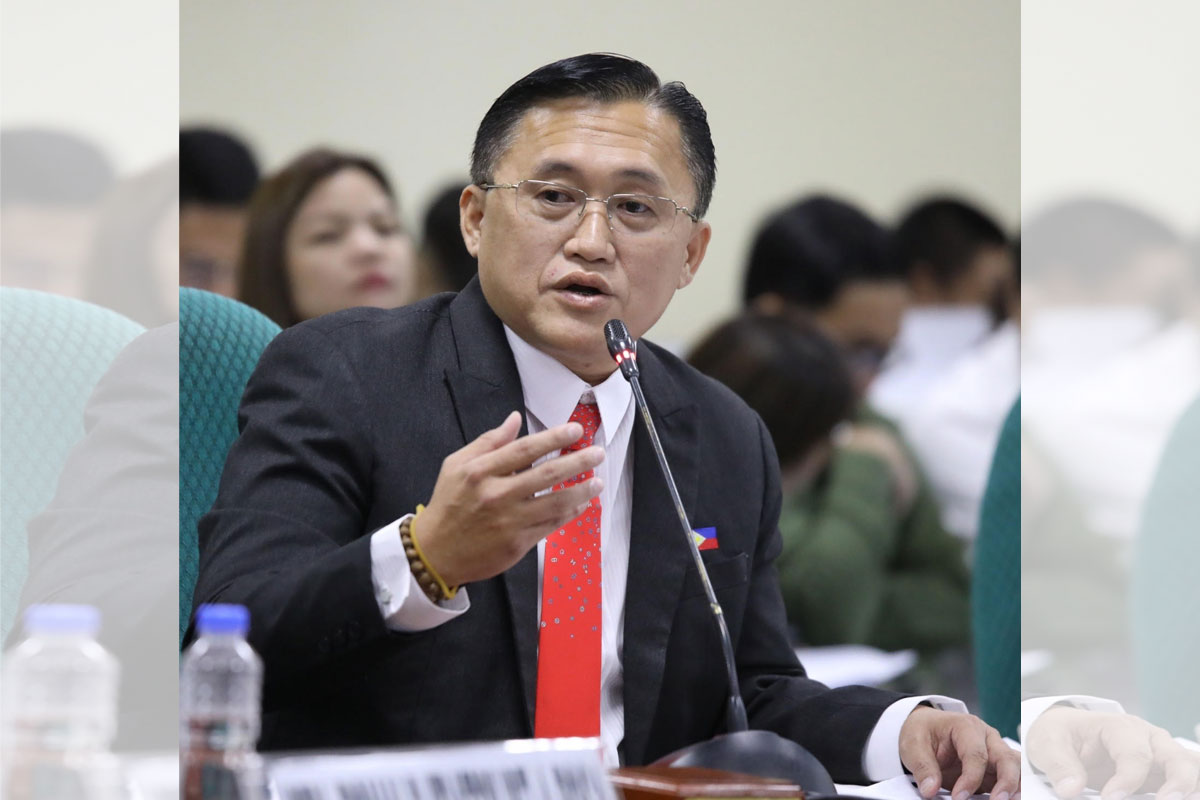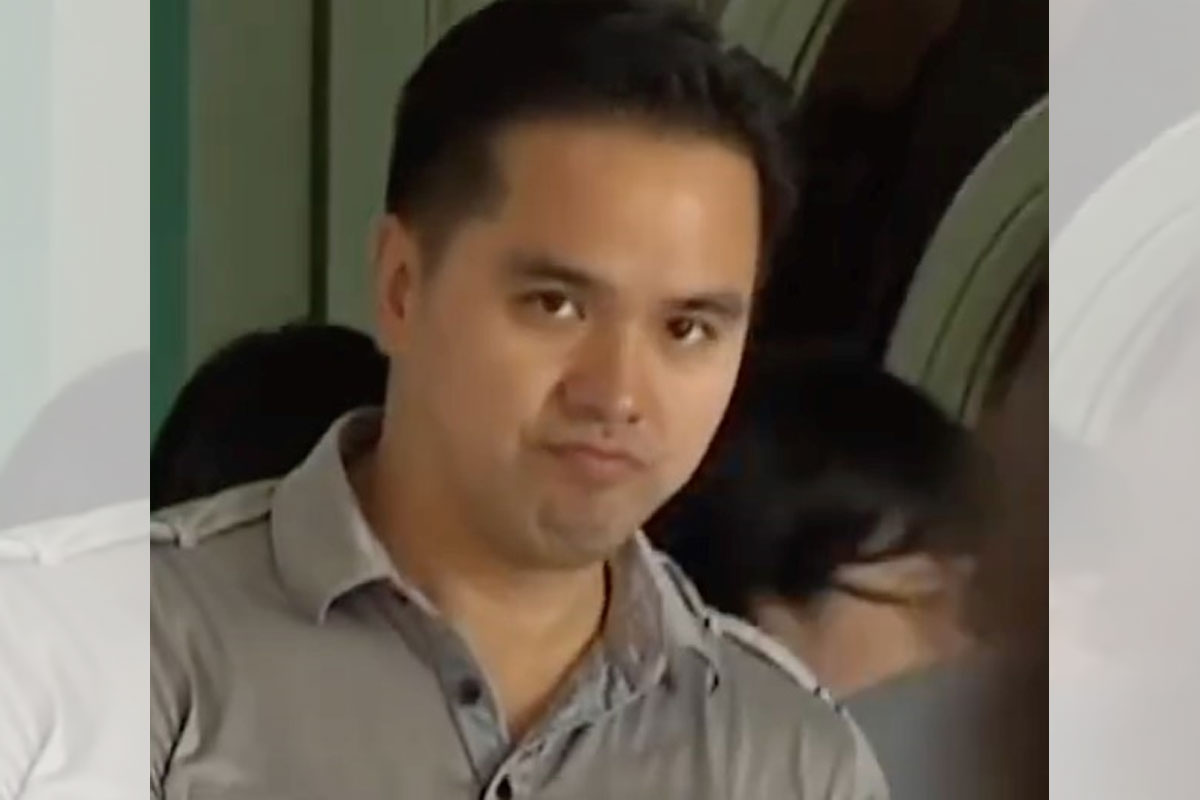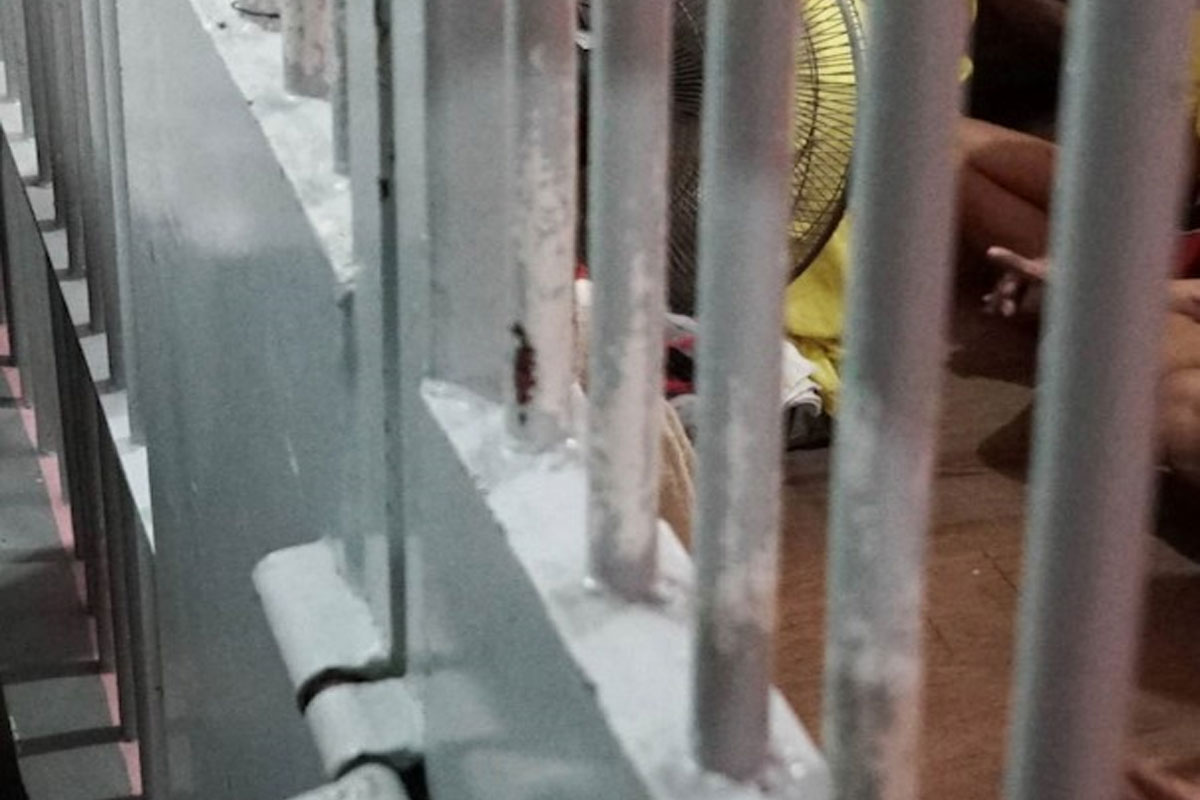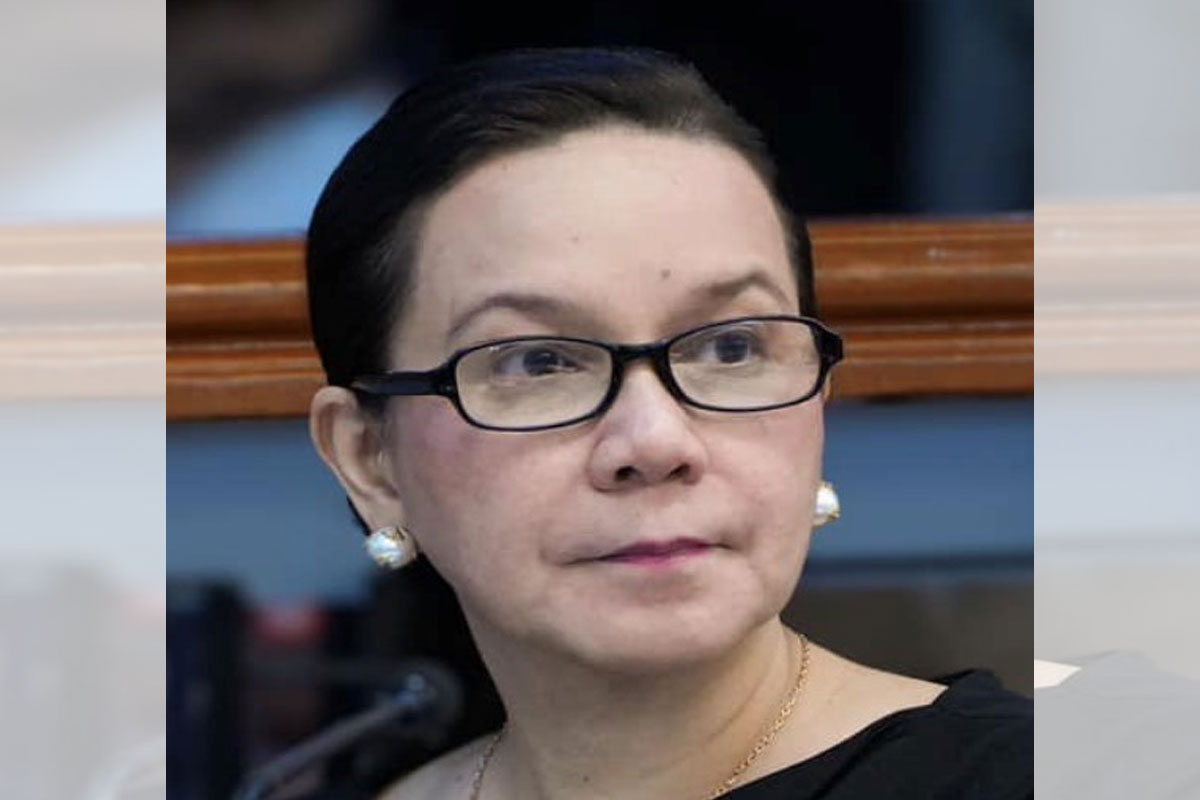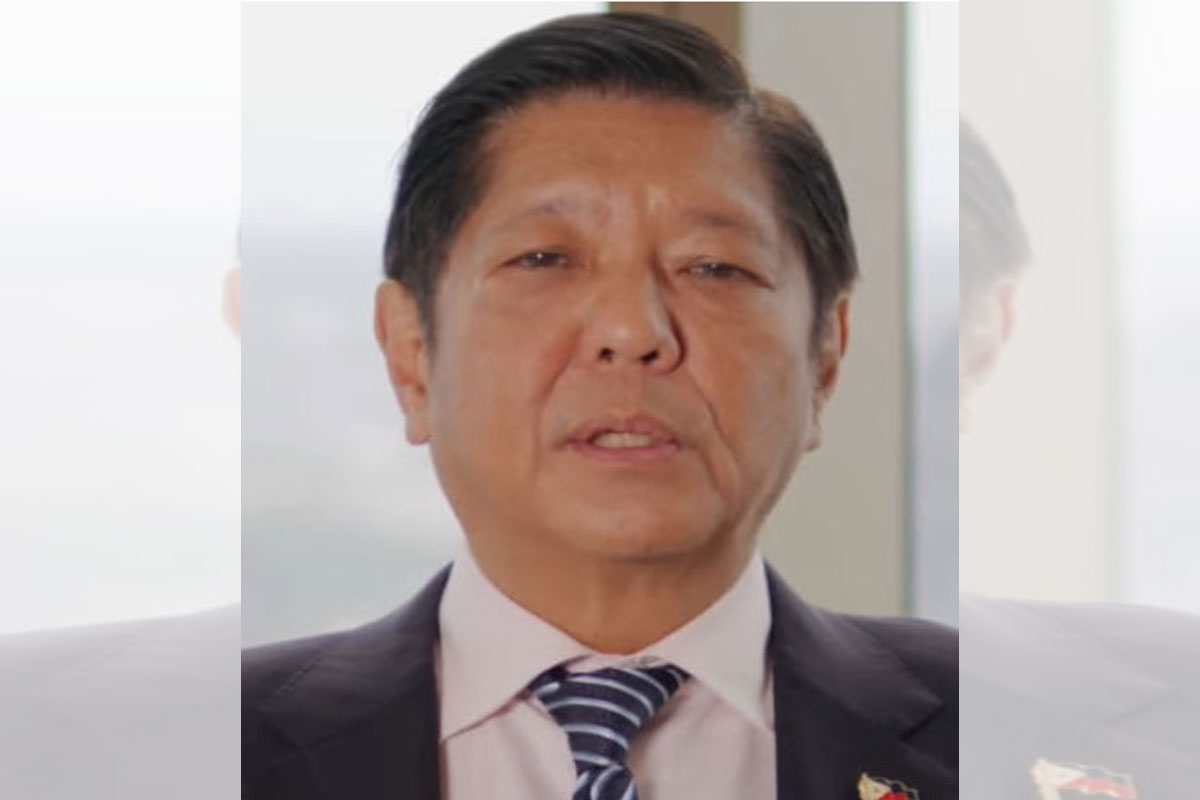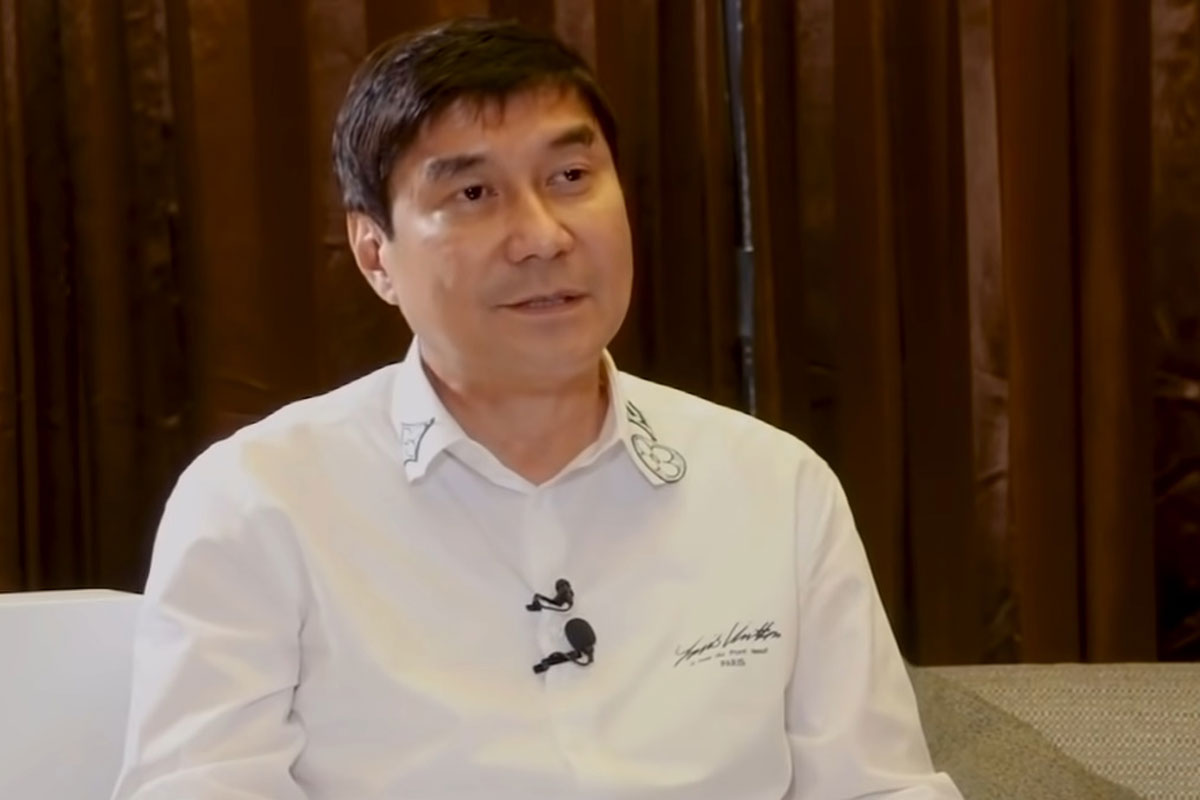
Judiciary budget slash questioned
‘Consistent’ budget cut dismays Sen. Tulfo
WITH the shortage of judges and the shortage in the number of courts slowing down the pace of justice in the country, Senator Raffy Tulfo questioned the Department of Budget and Management’s (DBM) consistent cut on the recommended budget of the Judicial Department, which “worsens” the already slow justice system in the country.
Stressing that “justice delayed is justice denied”, Tulfo, during the Senate Committee on Finance budget briefing yesterday, said it’s about time to increase the budget of the judiciary by restoring some of the amount cut from its proposed 2023 budget to help with its modernization and digitization.
“Allow me to quote Former President Ramon Magsaysay Jr. when he said ‘He who has less in life, should have more in law,’ na ang ibig sabihin ay madalas naaapi ang mga walang-wala nating mga kababayan, madalas natatapakan ang kanilang mga karapatan at sa batas na lamang sila nakakakuha ng patas na pagtrato,” he said.
“Nakita ko po ang sorry state ng ating Judiciary, lalo na sa mga korte. Kadalasan, dalawa hanggang tatlong judges ang umuukopa sa iisang korte kaya tumatagal ang paglilitis sa mga kaso,” he added.
Sharing his experience as a broadcaster accompanying several complainants in courts for the past years, Tulfo said he observed that most courts look like warehouses that are littered with piles of papers, folders, and documents.
Expressing further dismay, Tulfo further shared: “Noong isang beses na sumama ako sa isang complainant, naglalagay pa po ng timba doon sa korte dahil tumutulo po sa bubong yung tubig ulan,” he shared.
Notably, the 2023 P52.72 billion allocation for the Judiciary, as approved by the DBM, is 29% lower than its recommended budget of P74.18 billion. DBM also slashed the requested budget by the Judiciary to 22% and 33% in 2021 and 2022, respectively.
In a separate statement he issued shortly after the said committee hearing, Tulfo stressed that aside from the shortage in the number of courts, there is also a shortage of judges in the country, which contributes to the slow Philippine justice system.
Data shows that the average annual workload per judge in the country’s Lower Courts reaches as much as 644 cases, which is largely higher when compared to courts in the USA, like Washington, DC wherein judges handle only 171 cases annually. As a result, the disposition rate of cases in the Philippines is only 39% as of 2021.
“Ang resulta ng kakulangan sa judges ay ang mabagal na paggulong ng hustisya sa bansa, at ang tinatamaan at nahihirapan ay ang mga mahihirap nating kababayan na nasa City Jail na nag-aantay na malitis ang kaso dahil wala silang perang pampiyansa,” he said.
“Ang mga mahihirap na Pilipino ay kadalasan nabubulok na lamang sa bilangguan. Paano pa kung wala silang kasalanan at napagbintangan lamang? Sila ay nagdurusa ng walang kalaban-laban, hindi katulad ng mga mayayaman na mayroong pampiyansa, at kung tutuusin ay pabor sa kanila na ma-delay ang paglilitis ng kaso,” he added.
Adding insult to the injury, Tulfo pointed out the slow turnover of cases handled by a retiring judge in the country because it would normally take two to three years to find him/her a replacement.
In an earlier report, a Judicial and Bar Council (JBC) official confirmed that there are more than 2,000 vacancies for trial courts nationwide as of 2019.
Due to lack of funds, Tulfo said it is also challenging for current judges to request extra manpower to help hasten court proceedings, including stenographer, process server, and sheriff, as it normally takes months before getting approved.
Given all these challenges, Tulfo challenged DBM to personally visit the courts in the country to witness firsthand its sorry state before deciding on approving or disapproving the requested budget of the Judiciary.
As part of his effort to strengthen the judiciary, Tulfo filed Senate Bill (SB) No. 214 this 19th Congress seeking to provide the modernization of the country’s judiciary.






